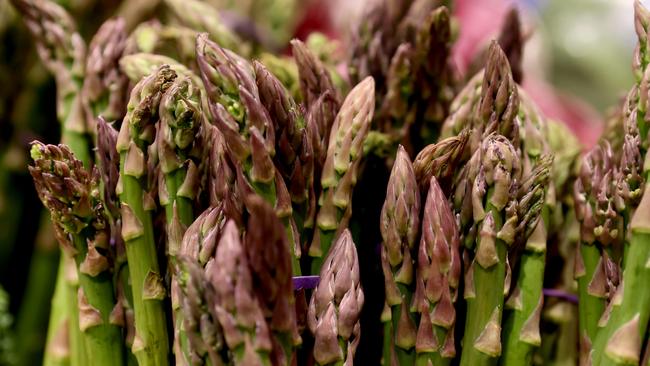Australian Organic Market Report details need for regulation
Australia’s organic industry, worth more than $2 billion, is the only country in the OECD not to have a consistent framework for its definition.
Australia’s organics industry is a multimillion-dollar money maker for the agriculture industry, but is in increasing need of regulatory protections from the federal government.
That’s the message from Australia’s leading organics body, after a recent industry report highlighted the value of organic produce to both the domestic and international market.
It comes after a federal government decision in March to not impose further regulation on the organics industry, after a cost-benefit analysis found costs would outweighed the benefits.
The Australian Organic Market Report, released Tuesday evening, is the first time the organic industry’s direct contribution to the economy has been calculated, with no comparable figure to previous years.
The organic sector directly contributed $851 million to the Australian economy in 2021-22, the report said, with the figure rising to $2.6 billion including flow-on effects such as jobs and inter-industry purchases.
Organic exports were worth $385 million in 2021-22, according to the report.
A federal government pre-budget submission for 2022-23 put the value of Australian organic exports and domestic demand at “more than $2 billion”.

Australian Organic Limited chief executive Niki Ford said the report illustrated the powerful punch Australia’s organics industry delivered for the agricultural industry.
“The industry, while small and evolving still, is a significant contributor … especially when it comes to full-time equivalents,” Ms Ford said.
“We actually have a lot of employees in the industry, because a lot of the labour and synthetic inputs aren’t allowed in the system, so you do need more people, about 12,500 full-time equivalents in the industry.”
While organic retail value in Australia grew between 2016 and 2021 by 4 per cent, the report showed a decline of 6 per cent from 2021 to 2022.
The decline was attributed to “sluggish supply chains and rising costs resulting in a reduction in the volume of organic (and other) goods being purchased nationally”.
Ms Ford said the outlook for growth remained strong, and consumer demand for organic products was beginning to outstrip supply.
“ … Businesses like Coles and Woolworths in particular have provided funding to growers to scale their businesses so they can provide more products to the consumer,” Ms Ford said.
The weak points for Australian organics, according to the report, are the industry’s lack of national standard and regulatory framework, along with supply chain disruptions and barriers to export.

“There are a lot of people that still really want regulation,” Ms Ford said.
“They want the industry cleaned up … we’ve had products on the shelves that simply use the word organic, but they’re not certified. The industry wants to have consistency … Australia is the last country in the OECD not to have a consistent framework built around organic, and this market report in particular demonstrates the fact that consumers want more.”





